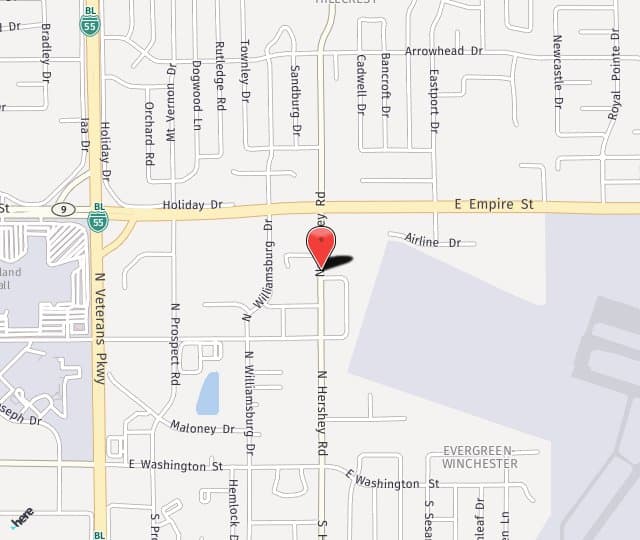
What is sarcoma?
Sarcoma is a type of cancer that develops in the body’s soft tissues, including the muscles, tendons, and nerves. Sarcomas can also develop in the bone, but this is less common. Sarcomas are relatively rare, accounting for only about 1% of all cancers.
There are two main types of sarcoma: soft tissue sarcoma and bone sarcoma. Soft tissue sarcomas are the most common type of sarcoma, accounting for about 70% of all cases. The most common type of bone sarcoma is osteosarcoma, which comprises about 20% of all sarcomas.
Sarcomas are often aggressive cancers, and they can be difficult to treat. Treatment usually involves surgery, radiation therapy, and/or chemotherapy.
What are the risk factors for sarcoma?
Sarcoma is a type of cancer that can affect any body part. It is most commonly found in the arms or legs but can also occur in the chest, abdomen, or head. Sarcoma is rare cancer, and the exact cause is unknown. However, certain risk factors may increase your chance of developing sarcoma, such as:
Age: Sarcoma is most common in adults over the age of 60.
Gender: Sarcoma is more common in males than in females.
Family history: If you have a family history of sarcoma, you may be at increased risk.
Radiation exposure: Exposure to radiation, such as radiation therapy for another cancer, can increase your risk of developing sarcoma.
Sarcoma and plastic surgery
Plastic surgery is a type of surgery that is used to correct or improve the appearance of body tissues. It can help to remove sarcomas, as well as to improve the function of affected extremities. Plastic surgery is often used in sarcoma patients to improve their quality of life.
We’re here to help
After removing a sarcoma, plastic surgeons replace tissue and close surgical wounds. You can count on Dr. Chad Tattini and his team in Bloomington, IL, for help. His Ivy League training has enabled him to perform many cosmetic and reconstructive surgeries at the cutting edge. Please call (309) 664-1007 if you have any questions.

